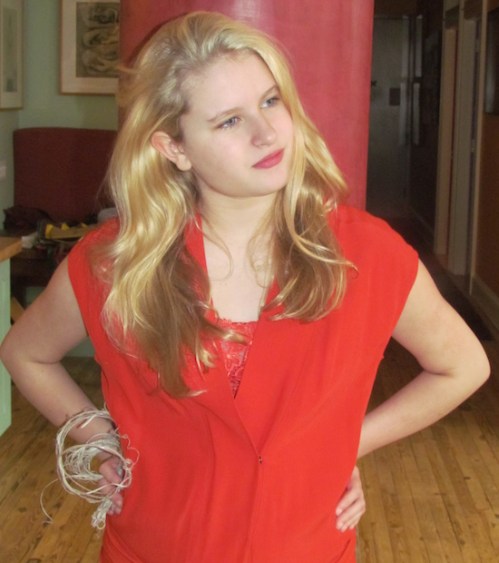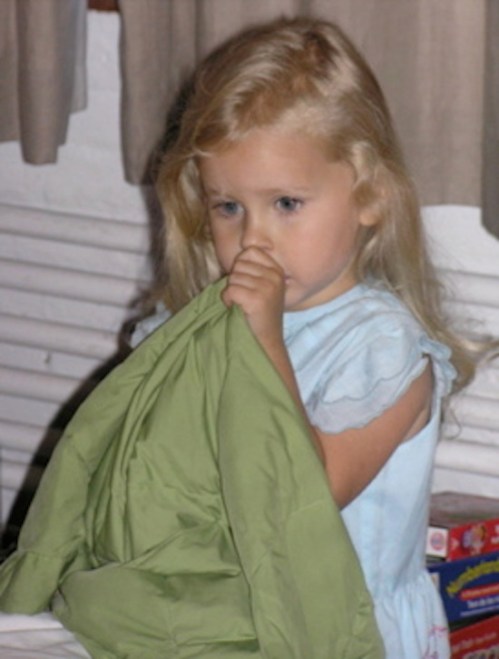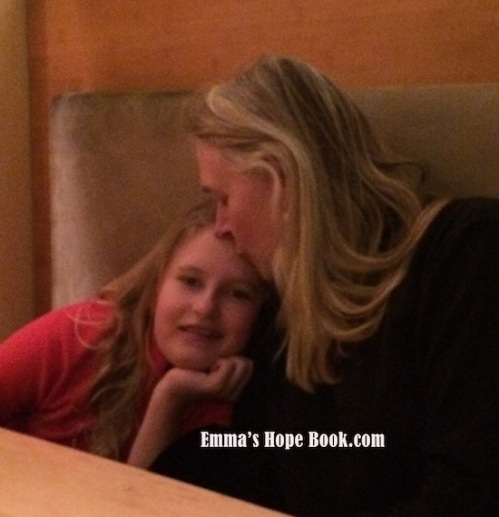*This was what my wonderful husband, Richard, wrote as a comment on my post the other day. I asked him if I could make it a post all on its own. He gave me permission…
“Pain is inevitable, suffering is optional.”
There are plenty of difficulties in life. Parenting is hard, but “childering” is harder. Parents usually have some experience in navigating the complex social expectations of the world. Children must gain that experience with each passing day, hopefully with the guidance, support and unconditional love of parents who put their children’s needs ahead of their own.
But there are a lot of parents who aren’t like that. Mine for example. I was taught from birth that my obedience and subservience were more important than my own needs and desires, or personal considerations. When I didn’t do what I was told to do, or didn’t do it fast enough with a “good attitude” I was yelled at. Punished. Spanked. Slapped in the face. Called awful names. Verbally abused. Degraded. Humiliated. And that happened nearly every day of my life until I left home at the age of eighteen.
My parents constantly reminded me how difficult I was to cope with. How hard I made life for them. If I would only try harder, work harder, move faster, then their lives would be so much better. Their lives.
Me? I didn’t really matter.
I waited a long time before becoming a parent. For years I swore I would never have children, perhaps because I was afraid I might behave like my own parents. And no child deserved that. When I met Ariane, something shifted monumentally in me, and I was suddenly eager to be a dad. I was 40 years old. Maybe I was finally emotionally mature enough to handle the enormous responsibility of parenting. I was ready to put someone else’s needs ahead of my own. Because for me, that’s what parenting is about. Service. My children don’t exist to fulfill my expectations, or make me happy. They exist in order to experience life and fulfill their destinies.
It is indeed hard to be a parent. I empathize and sympathize with all the parents who feel overwhelmed, who don’t have the resources or support to cope well with these tremendous responsibilities. I know life is hard for you. But trust me, no matter how hard you think you have it, your children have it harder. They sense your frustration, your discontent, your fear and panic, your anger and rage, your sadness and depression and hopelessness.
And quite likely, they feel themselves to be responsible. Maybe they are even told they are responsible. They feel guilt and shame. They try harder to make you happy. To not be so upset with them. Because they have learned–deep, deep inside–that they are “the problem.”
I’m talking about all children here, not just autistic children. For autistic children, multiply that angst level by a thousand. If you are autistic, you live in a world where so many people are telling you that you are broken, that you need to be fixed, that you need to be trained, conditioned to “act normal.” If you like to spin around over and over, or bounce, or rock back and forth, you are given the message, sometimes spoken, sometimes not, that this is “wrong.” And therefore, by extension, there is “something wrong with you.”
If you are non-speaking, or have difficulty with speaking, or with other physical issues, life is even harder, because you are being told that there is something REALLY “wrong” with you. Meanwhile, you’re trying to live in a world of “talkers” that constantly underestimate your intelligence and capabilities, who treat you like babies, who give you dirty looks, or tease you, or bully you.
You are put to “work” when you’re only two or three years old, or as soon as it has been decided that something is “wrong” with you. Early Intervention is required, in order that you be “fixed” and/or “rescued.” This is not optional for you. It is mandatory. You have no choice in the matter. And if you can’t speak, you can’t even complain. So it begins. The endless conditioning. The continuous demand to stop being who you are and “fit in.”
And nearly the entire world of medicine and science and education is conspiring to maintain the status quo of the deficit model. Autism isn’t defined by all its wondrous capabilities, but by what is seen as lacking. Autism Speaks continuously fuels the bonfire of “wrongness” with every dollar they spend.
And it has to stop. It is wrong. It is life-killing and soul-killing. And if you, as a parent, can’t see that this is the reality your children are living with every second of every day, you need to open your eyes and ears and heart.
I so wish it hadn’t taken me so long to wake up. I so wish that I could erase all the damage I did to Emma, like subjecting her to the torture of ABA when she was only two years old. But I can’t change the past. I can’t take it back. What I can do, is speak the truth of what I’ve learned to whomever is willing to listen.

Richard and Emma – 2011














